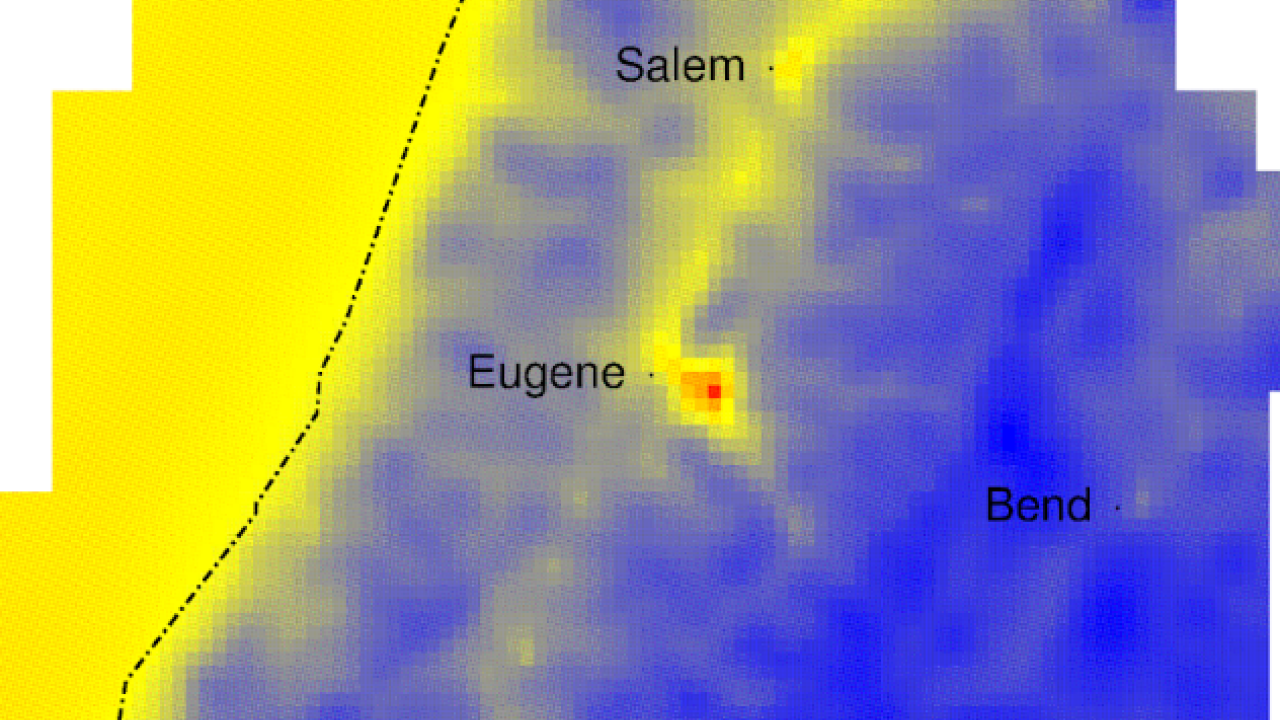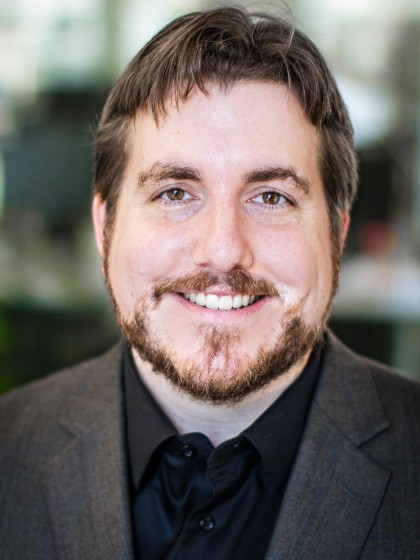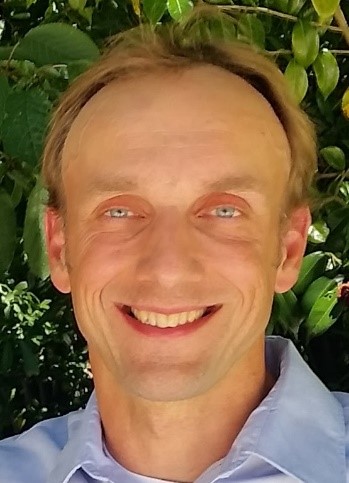
Event Date
About the Webinar
As part of a state-wide effort to reduce carbon emissions, the Oregon Department of Environmental Quality is considering an expansion of the state's Clean Fuels Program (CFP). Adopted in 2015, the CFP sets a state-wide target for the average amount of carbon intensity (carbon emissions per unit) for transportation fuels. This target declines over time, and creates an incentive for fuel suppliers to bring cleaner, renewable fuels, like electricity, biodiesel, renewable natural gas, or ethanol, to the Oregon market. In addition to being lower-carbon emissions, these fuels also typically reduce emissions of other air pollutants, like particulate matter, and chemicals that contribute to the formation of Ozone or smog.
Researchers from the University of California, Davis, have modeled air quality effects of the vehicles and fuels that would be used to meet the expanded CFP. This webinar will discuss the methods used for modeling, as well as the results of this research, and give community members an opportunity to speak with members of the research team.
Documents
-
Full Report: Oregonfullreport.PDF
-
Policy Brief: Policybrief.pdf
-
Slide Deck: slidedeck.pdf
About the Speakers

Colin Murphy
Deputy Director, UC Davis Policy Institute for Energy, Environment, and the Economy
Colin Murphy is the Deputy Director of the UC Davis Policy Institute for Energy, Environment, and the Economy, where he helps researchers constructively engage with policy makers. He also co-leads the Low Carbon Fuel Policy Research Initiative at the UC Davis Institute of Transportation Studies. After gaining a M.S. in Science, Technology, and Public Policy from the Rochester Institute of Technology, he returned to UC Davis for a Ph.D. in Transportation Technology and Policy. He has a decade of experience working at the intersection of science, technology, and public policy, primarily focused on climate policy, sustainable transportation, and clean fuels. He led the Fuels section research for the recently released report Driving California’s Transportation Emissions to Zero, which examines how California's transportation sector can achieve carbon neutrality by 2045. He previously worked on transportation and climate policy research and advocacy for the Nextgen Policy Center.

Michael Kleeman
Professor, UC Davis Department of Civil and Environmental Engineering
Michael Kleeman is a Professor in the Department of Civil and Environmental Engineering at UC Davis where he has been researching urban and regional air quality problems for more than 23 years. Professor Kleeman uses a combination of measurements and model predictions to understand how the adoption of low-carbon energy sources will affect future air quality in cities in California and across the western United States. His analysis spans across traditional and emerging pollutants, including ozone, PM2.5, and ultrafine particles (PM0.1). Professor Kleeman’s research has been published in more than 150 peer-reviewed journal articles that have been cited 15,000 times by other researchers.
